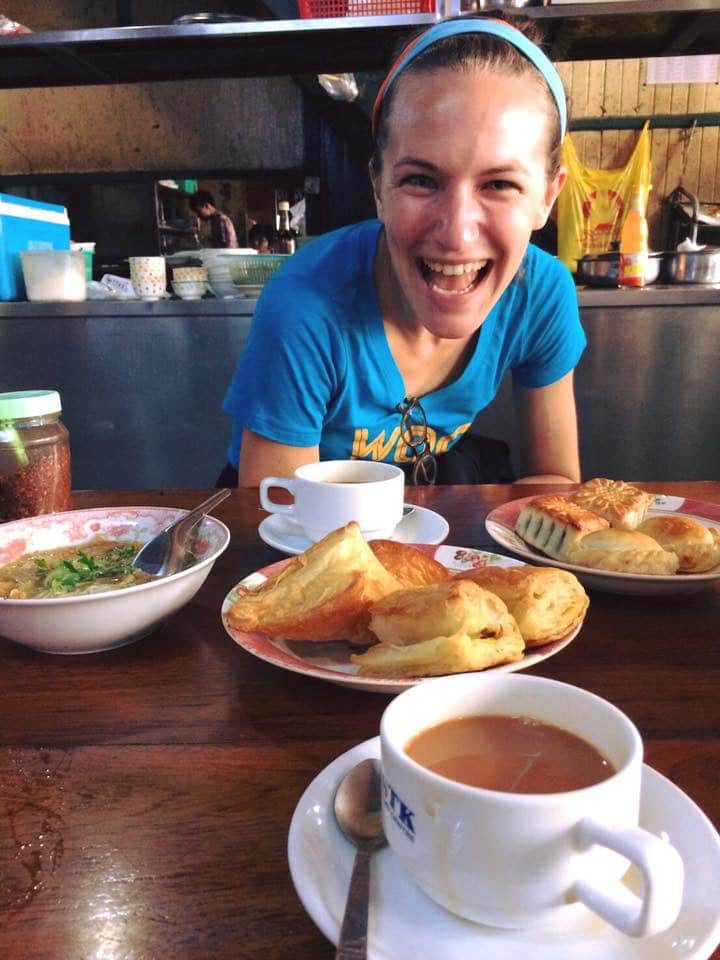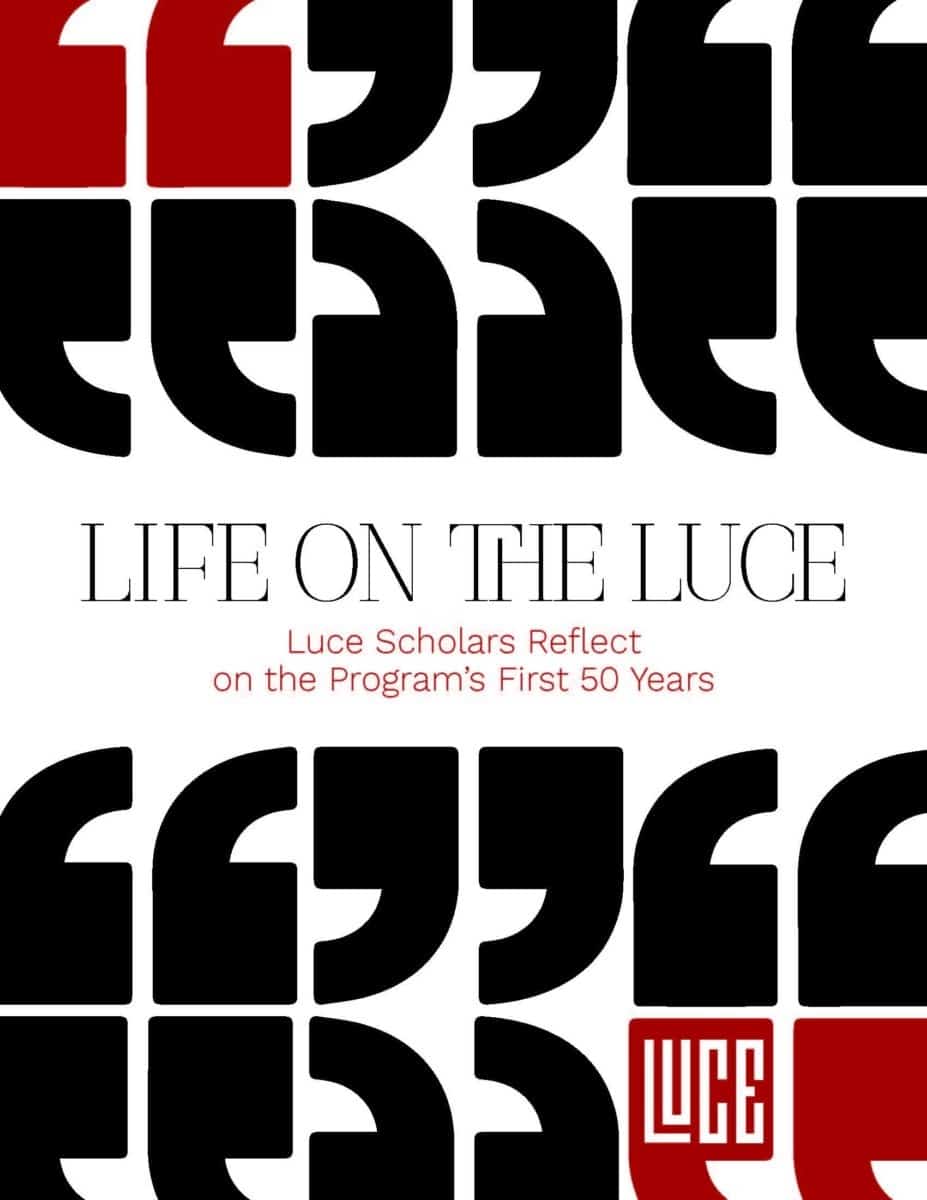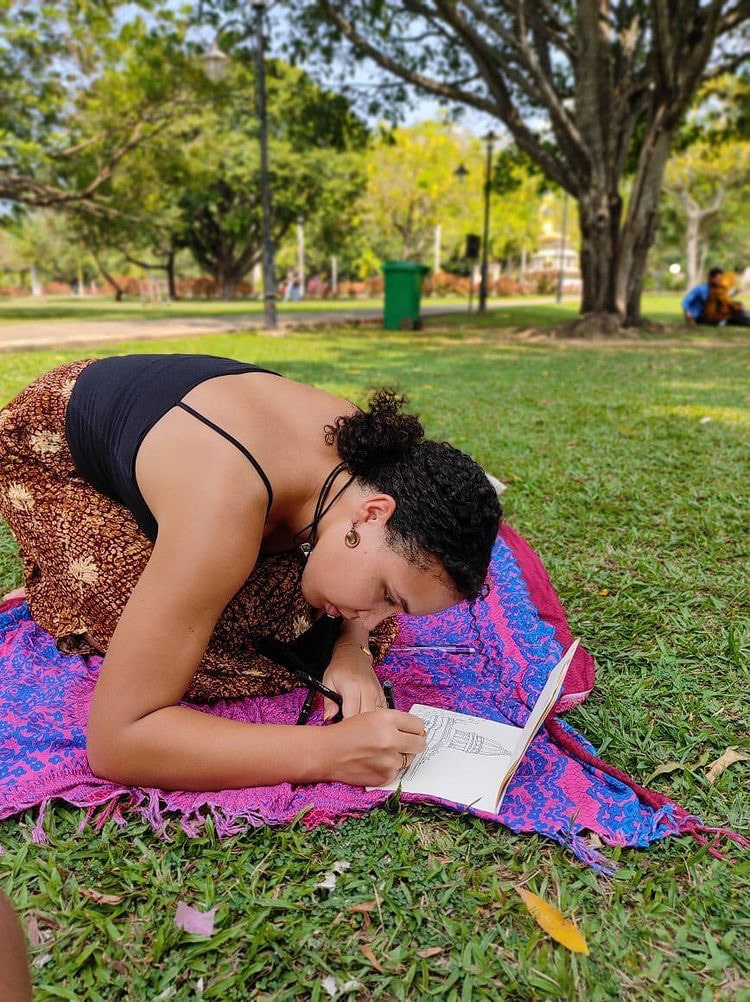“What is this?” the eldest of the female parliamentarians asks, after rummaging through the box on the table in the conference room.
“That is a dildo,” Htar Htar, the founder and director of my host organization, Akhaya Women, says matter-of-factly. She demonstrates how one might use it. Another parliamentarian snaps a photo of the pink sex toy in her hand.
Some of the other female parliamentarians nod; others frown. A few still look confused despite the demonstration.
At this point I have been working for Akhaya, a local women’s organization based in Yangon, for several months, but this is my first time in the field observing the organization’s Women’s Empowerment Training in practice.
Htar Htar sits there patiently, waiting for more questions as the parliamentarians continue to explore the contents of the box. And boy, do they have questions. After Htar Htar has explained the functions of a strap-on, vibrator, lubricant, and Fleshlight, a younger parliamentarian picks up a slender blue object. “And this?” The female parliamentarians gather around and take turns guessing.
“It’s a tampon,” says Htar Htar finally, and she again plays show and tell. Many of the women appear to be in awe.
And I am too. Not only because I do not realize our training covers sex toys, but also because here are twenty of the most powerful, educated women in Myanmar—two of whom are doctors!—and not one of them knows what a tampon is, let alone has ever used one before. I know well the norms around menstruation and women’s sexuality in Myanmar—where marital rape is still legal, there is no equivalent for the word “vagina,” and many still believe menstrual blood is dirty—but it is one thing to read a report and another to have it played out before your eyes.
The session ends and we are drinking tea and eating tasty pancakes soaked with honey when Htar Htar sidles up to me and asks if I have a tampon. Apparently one of the female parliamentarians is on her period and wants to go swimming. “She thought she’d give tampons a try.”
***
The last time I worked abroad, I was often harassed. While I found ways to respond, over time, those experiences have shaped the way I feel and behave in public spaces.
That said, I have never felt safer in any city, abroad or Stateside, than I do in Yangon. And yet, I have noticed the vestiges of the wall I built to protect myself in the past—it comes up when someone asks where I live as way of small talk on my bus commute or when someone tries to sell me something on the street. I know, and worry, that this restrained vulnerability could mean forgoing potentially meaningful, insightful engagement with people in my community, but it is difficult to unlearn.
Meanwhile, I recognize that many women in Yangon have experiences here that are familiar but different from mine— stories of public masturbation, sexual harassment on buses, catcalling and stalking on the street.
In the second half of my Luce year, I look forward to a deeper role at Akhaya. I will be supporting the expansion of its new Women in Politics program, which will match experienced female parliamentarians with newly elected ones, and will provide them with administrative support, the majority of whom do not have office staff or support. I will also spend much more time in the field with our trainers, local partners, and the communities we support. I am honored to continue learning from and working alongside pioneering women like our 25-year-old communications officer who confided in me early on that this was her side hustle—she is actually a recently licensed pilot (something very few women can say in Myanmar).


